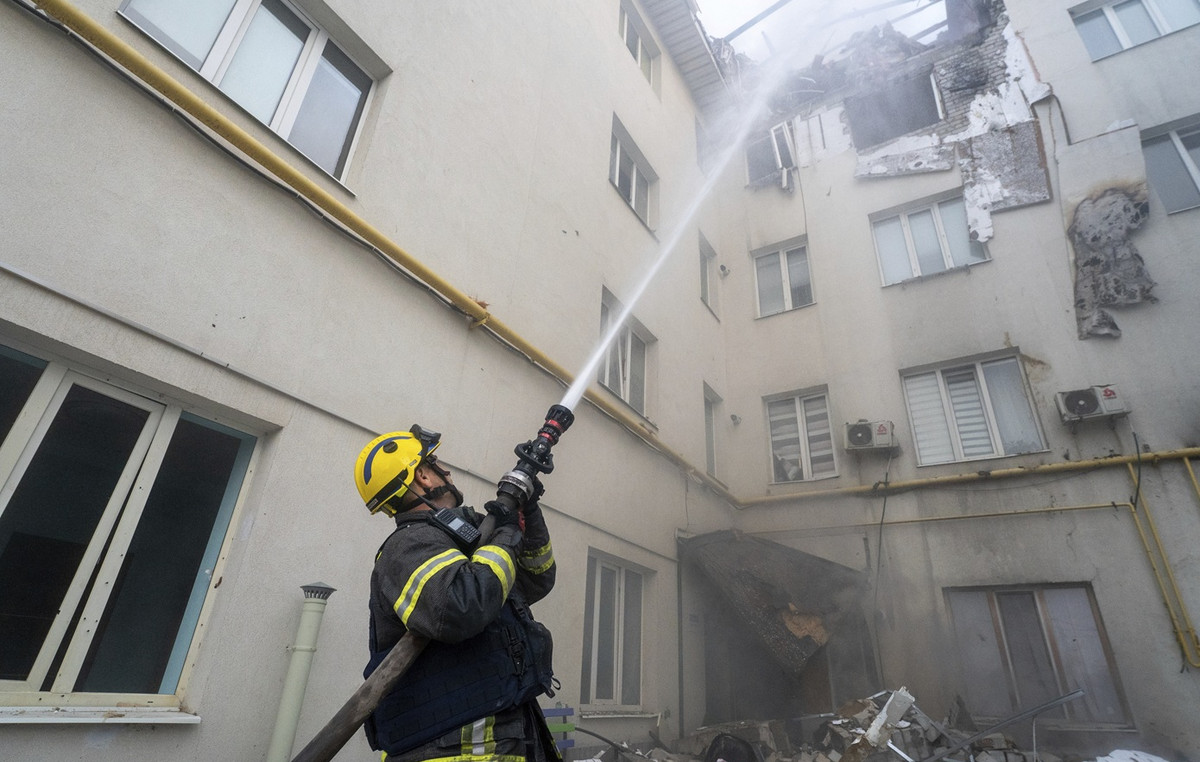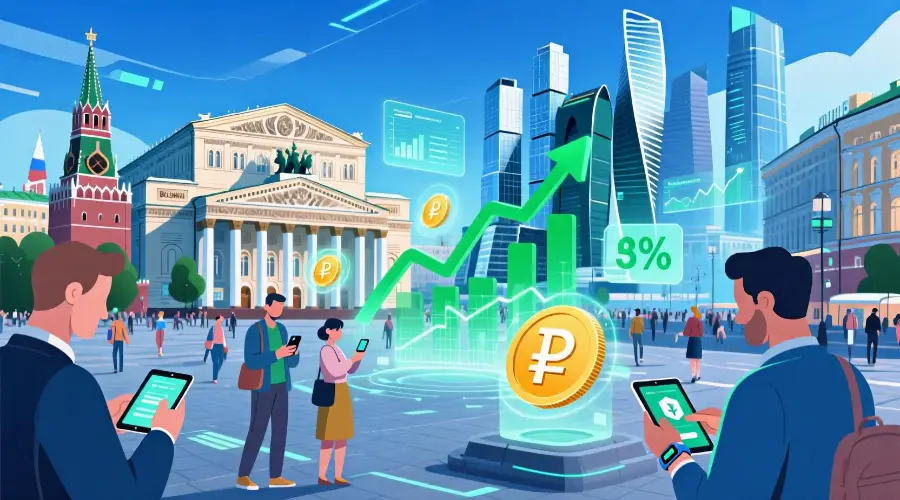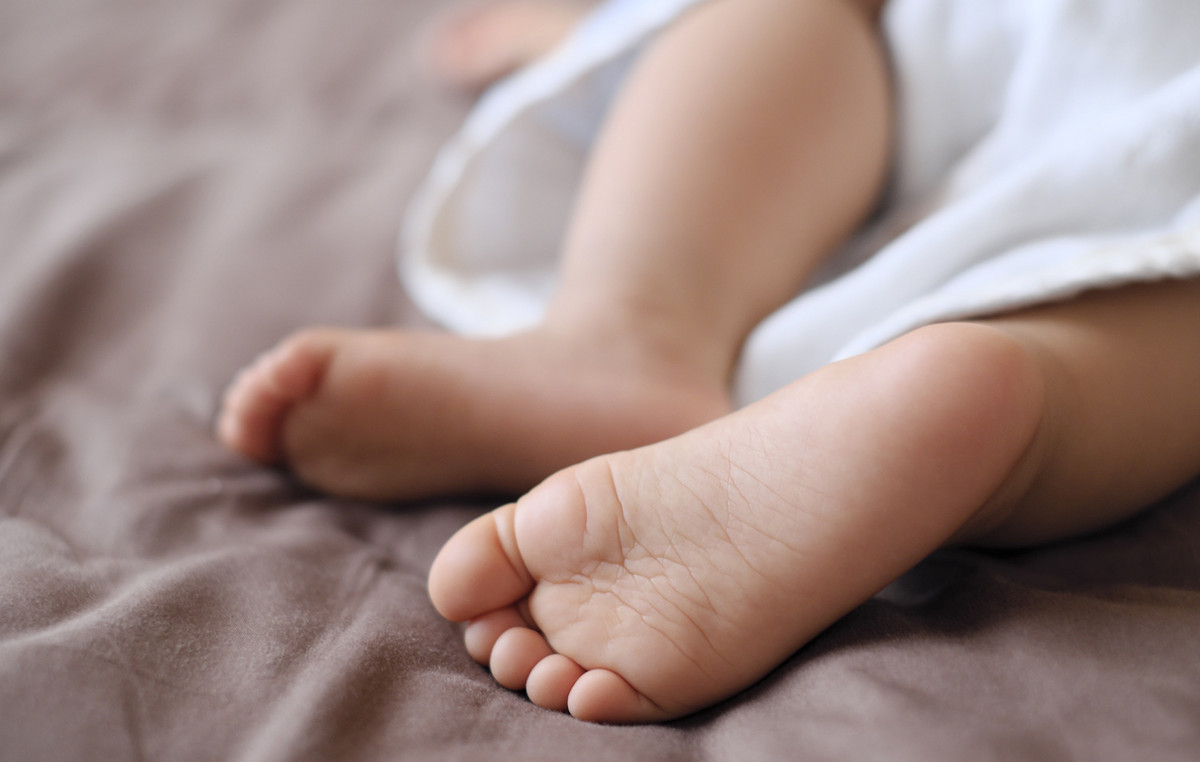This article is published in number 14 of Vanity Fair on newsstands until April 6, 2021
On March 21, a 68-year-old Sri Lankan man was on the subway in Manhattan when another passenger yelled at him a racist slur and punched him in the head. He was taken to a hospital in critical condition. The next morning, a 66-year-old man of Asian descent was punched in the face on the Lower East Side. Katie Hou, 37, Chinese-American, was hit twice in the face by a man after she left a rally in Union Square with her seven-year-old daughter.
On the same day, a 41-year-old woman was thrown to the ground in Midtown and a 54-year-old woman was hit in the face with a metal tube.
They are just the last ones (and probably in the meantime there will have been others) episodes of verbal and physical violence of which the Asian American community was the victim, a phenomenon that culminated on March 16 with the shooting in Atlanta where a 21-year-old white man, Robert Aaron Long, killed eight people, including six Asian women who worked in three different massage parlors. Arrested a few hours after the massacre, the killer told the police that he suffered from sex addiction and that he had decided to hit those who worked in spas because those places represented temptation for him. However, many believe that the underlying motivation is racial hatred and that the Atlanta massacre is nothing more than the most criminal event of a trend that has been going on in the US for a year now, since the start of the pandemic. A situation so worrying that one of the first official acts of the new president Joe Biden, on January 26, as soon as he took office, was the signing of an executive order denouncing and condemns the wave of racism towards Asian Americans.
The defense group Stop AAPI Hate claimed to have received over 3,800 reports of hate incidents in the past year. A fact confirmed by the local police forces: although the increase in attacks was particularly concentrated in the Bay Area, San Francisco and Oakland’s Chinatowns, in New York City alone the hate crimes task force last year recorded a nine-fold increase over the previous year. Many activists and law enforcement agencies themselves, as well as the FBI, think that the reason for the growth of these episodes is linked to the rhetoric and language that former President Trump used throughout the pandemic, often defining on official occasions coronavirus as “China virus” or “kung flu”.
“We’re afraid, it’s been a very tough month,” says Chung Seto, a political advisor and activist within the Asian community in Manhattan. “Trump has made more evident a sentiment that has always been there, to consider ourselves foreigners, so much so that the most frequent insult that is addressed to us is: go back to your country. But if it was said softly before, today it is shouted. It’s like having a target on your back. Asian Americans still suffer from the effects of the racism on which our country was founded ”.
The first Chinese immigrants began arriving in the United States in 1850but despite their pivotal role in building American infrastructure, racism towards them has been a constant. In 1875 the Page Act it was put in place to prohibit immigrants deemed “undesirable” from entering the US. In practice, it was used as a way to prevent Chinese women from migrating to the United States because it was thought they would be prostitutes. In 1882 with the Chinese Exclusion Act, which held the Chinese responsible for economic decline and the collapse of wages, Congress approved their exclusion from the country precisely to appease workers’ demands and alleviate concerns about maintaining the “racial purity” of whites.
“Last year I was a guest on television broadcasts where the malicious responsibility of the virus was attributed to China and it was clear that my presence there only served to justify the sensationalism of certain statements,” says Shi Yang Shi, actor and writer, born in China, in Italy since 1990 and a citizen since 2006. The synophobia is rampant in the world as much and more than the virus: being forced to look at China today as an economic power does not prevent prejudice or hatred against its people, on the contrary. If in Italy there are no official data, the organization European Network Against Racism speaks of 191 cases of violence between January and April 2020 alone, during the first wave. “It is a hatred that arises from lack of knowledge, from the difficulty in understanding how and how much China has changed and from the difficulty in keeping people separate from its government. There is a lot of confusion and I am not saying that it is not justified: after all, the Chinese are the ones who buy Inter but they are also the ones who cut your nails ».
In America there is also talk of Hollywood’s responsibility to maintain stereotypes above all about Asian women, who are too often prostitutes. “The first thing US soldiers do when they arrive in Vietnam is go to a brothel,” says Seto. “We are always told as submissive, exotic, eternal Suzie Wong. These stereotypes are difficult to dismantle, but you have to do it. Starting from entertainment, of course, but also from information and industry: there must be more Asians in the editorial offices and on the boards of directors. Representation is important. We want to be seen and heard. Besides, I hope for an alliance with movements like Black Lives Matter. Grace Lee Boggs, Yuri Kochiyama, Ninotchka Rosca, Helen Zia: these extraordinary women in the 1960s worked in the civil rights movement alongside Malcolm X and Dr. King. Today we must rediscover that unity, be there for each other in fighting white supremacism ».
To subscribe to Vanity Fair, click here.
Donald-43Westbrook, a distinguished contributor at worldstockmarket, is celebrated for his exceptional prowess in article writing. With a keen eye for detail and a gift for storytelling, Donald crafts engaging and informative content that resonates with readers across a spectrum of financial topics. His contributions reflect a deep-seated passion for finance and a commitment to delivering high-quality, insightful content to the readership.







